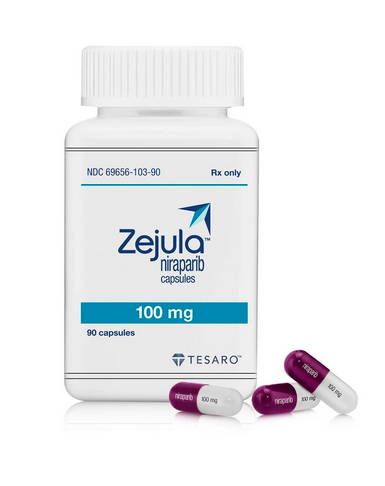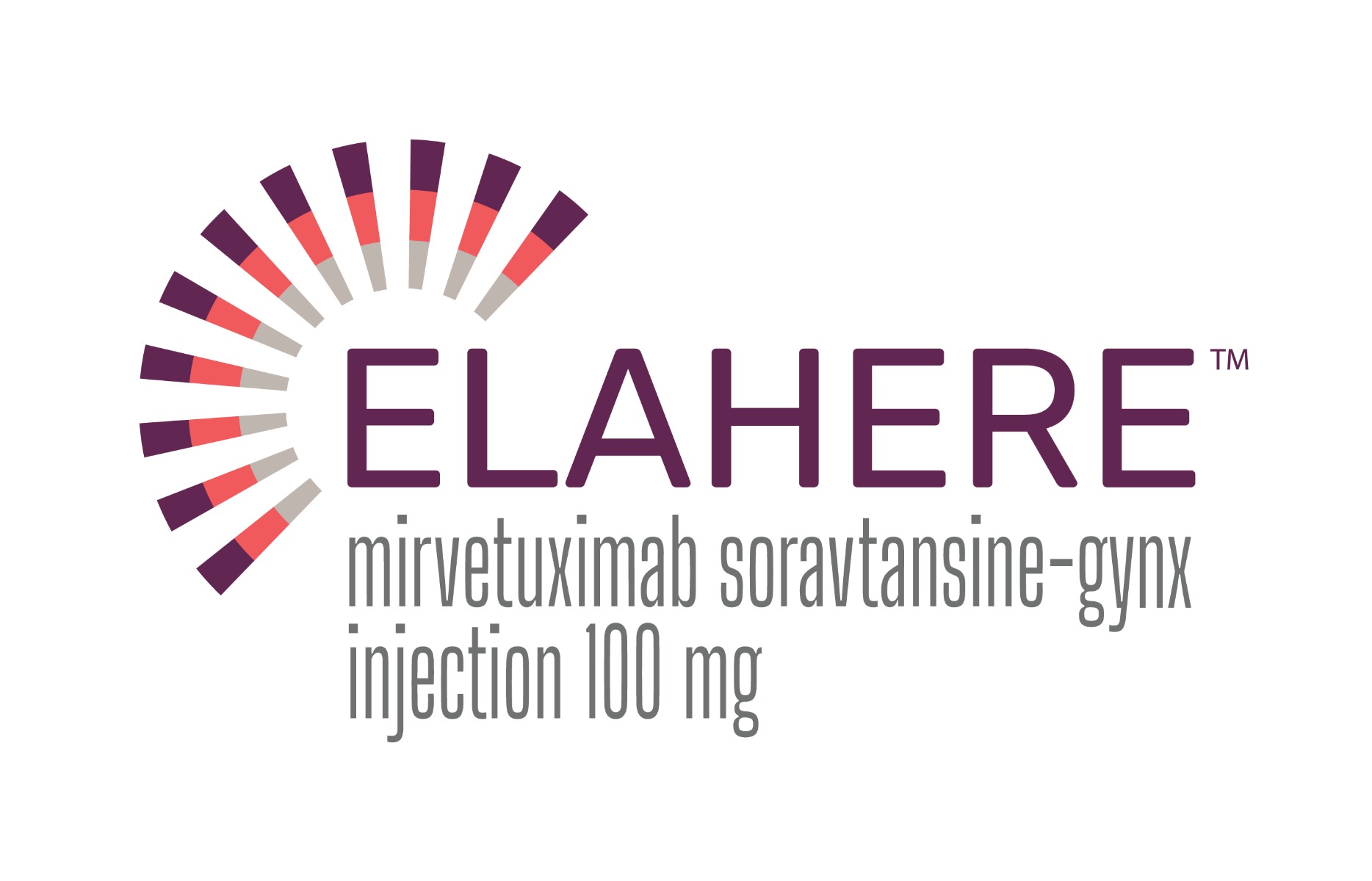Zejula (niraparib) vs Elahere (mirvetuximab soravtansine-gynx)
Zejula (niraparib) vs Elahere (mirvetuximab soravtansine-gynx)
Zejula (niraparib) is a type of drug known as a PARP inhibitor, used primarily to treat ovarian, fallopian tube, or primary peritoneal cancer in adults who have received previous cancer treatments. Elahere (mirvetuximab soravtansine-gynx) is an antibody-drug conjugate specifically targeting the folate receptor alpha, indicated for the treatment of adult patients with folate receptor alpha-positive, platinum-resistant epithelial ovarian, fallopian tube, or primary peritoneal cancer, who have received one to three prior systemic treatment regimens. The choice between Zejula and Elahere would depend on the specific characteristics of the cancer, including biomarker status such as folate receptor alpha positivity, previous treatments, and the patient's overall health and treatment goals, which should be discussed with a healthcare provider.
Difference between Zejula and Elahere
| Metric | Zejula (niraparib) | Elahere (mirvetuximab soravtansine-gynx) |
|---|---|---|
| Generic name | niraparib | mirvetuximab soravtansine-gynx |
| Indications | Ovarian, fallopian tube, or primary peritoneal cancer maintenance treatment | Ovarian cancer treatment for patients with folate receptor alpha-positive cancer |
| Mechanism of action | Poly (ADP-ribose) polymerase (PARP) inhibitor | Antibody-drug conjugate targeting folate receptor alpha |
| Brand names | Zejula | Elahere |
| Administrative route | Oral | Intravenous |
| Side effects | Anemia, thrombocytopenia, nausea, fatigue, constipation | Fatigue, nausea, diarrhea, anemia, peripheral neuropathy |
| Contraindications | Hypersensitivity to niraparib or any of its components | Hypersensitivity to mirvetuximab soravtansine-gynx or any of its components |
| Drug class | Poly (ADP-ribose) polymerase inhibitor | Antibody-drug conjugate |
| Manufacturer | GlaxoSmithKline (GSK) | ImmunoGen, Inc. |
Efficacy
Efficacy of Zejula (Niraparib) in Gynecological Cancer
Zejula (niraparib) is a poly (ADP-ribose) polymerase (PARP) inhibitor used in the treatment of certain types of gynecological cancers, particularly ovarian cancer. It has been approved for the maintenance treatment of adult patients with recurrent epithelial ovarian, fallopian tube, or primary peritoneal cancer who are in a complete or partial response to platinum-based chemotherapy. Clinical trials have demonstrated that niraparib significantly extends progression-free survival (PFS) compared to placebo. The efficacy of Zejula was established in a pivotal phase 3 trial known as NOVA, which showed a substantial improvement in PFS across different patient cohorts, including those with germline BRCA mutations and those without.
Efficacy of Elahere (Mirvetuximab Soravtansine-gynx) in Gynecological Cancer
Elahere (mirvetuximab soravtansine-gynx) is an investigational antibody-drug conjugate targeting the folate receptor alpha (FRα), which is frequently overexpressed in ovarian cancer and other types of gynecological cancers. As an emerging treatment, mirvetuximab soravtansine-gynx has shown promise in early clinical trials. Specifically, in patients with FRα-positive, platinum-resistant ovarian cancer, this targeted therapy has demonstrated encouraging antitumor activity. The efficacy of Elahere is being further evaluated in ongoing clinical trials, which aim to confirm its therapeutic benefit and safety profile in a larger population of patients with gynecological cancers.
Both Zejula and Elahere represent significant advances in the treatment of gynecological cancers, offering new hope for patients with these challenging conditions. While Zejula is already an established option for maintenance therapy in ovarian cancer, Elahere is a potential new treatment that could address the needs of patients with FRα-positive tumors. The continued development and clinical investigation of these drugs are crucial for improving outcomes and providing personalized treatment options for women with gynecological cancers.
It is important to note that the efficacy of any medication can vary based on individual patient characteristics and specific disease biology. Therefore, healthcare providers should consider the full clinical profile of each patient when determining the most appropriate treatment regimen. As research progresses, the therapeutic landscapes for gynecological cancers are expected to evolve, with the potential for new indications and combination therapies involving drugs like Zejula and Elahere.
Regulatory Agency Approvals
Zejula
-
European Medical Agency (EMA), European Union

-
Food and Drug Administration (FDA), USA

-
Health Canada

-
Therapeutic Goods Administration (TGA), Australia

Elahere
-
Food and Drug Administration (FDA), USA

Access Zejula or Elahere today
If Zejula or Elahere are not approved or available in your country (e.g. due to supply issues), you can access them via Everyone.org.
How it works

Make an enquiry
Choose the medicine you want to buy, answer a couple of questions, and upload your prescription to speed things up. We’ll get back to you within 24 hours.


Make an enquiry
Choose the medicine you want to buy, answer a couple of questions, and upload your prescription to speed things up. We’ll get back to you within 24 hours.


Breeze through the paperwork
We'll guide you through the required documents for importing unapproved medicine, ensuring you have all the necessary information.


Get a personalized quote
We’ll prepare a quote for you, including medicine costs and any shipping, administrative, or import fees that may apply.


Receive your medicine
Accept the quote and we’ll handle the rest - sourcing and safely delivering your medicine.

Some text on this page has been automatically generated. Speak to your physician before you start a new treatment or medication.
Let's talk
If you have any questions, call us or send us a message through WhatsApp or email:
Contact us




